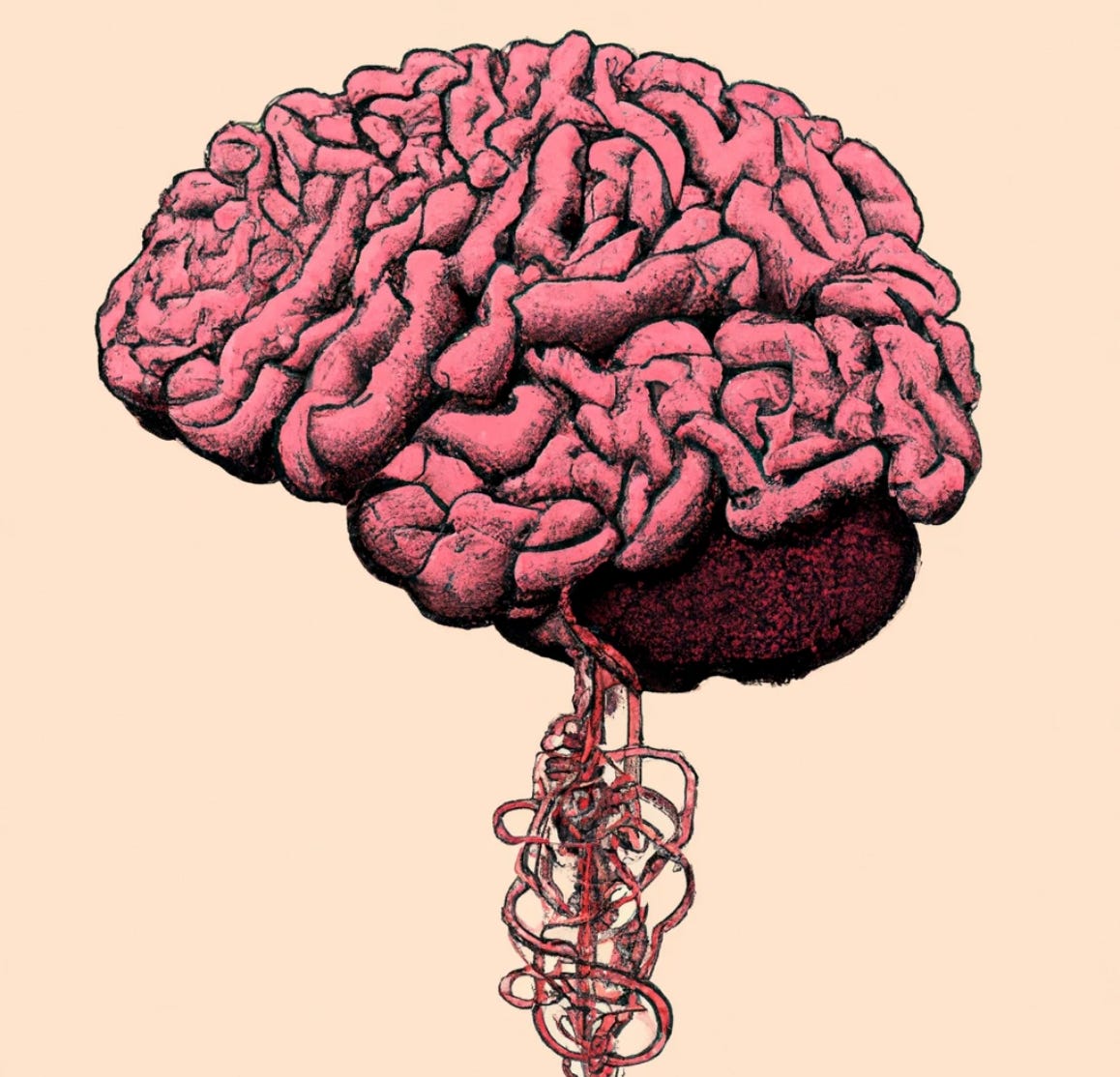Here's why you have a 'gut instinct'
We've all heard of 'Gut instinct'. But how does the brain and the gut actually communicate?
1. The hypothalamic - pituitary - adrenal (HPA) axis controls the autonomic nervous system, which in turn controls the enteric nervous system in the gut. Hypothalamus is connected to the limbic system. That's how your mood and stress levels affect your bowel movements.
2. The intestinal peptides and hormones like Ghrelin and Leptin directly affect brain functioning, memory formation, stress modulation and mood.
3. The gut bacteria or Microbiome produce metabolites like short chain fatty acids and neurotransmitters that accept cognition.
4. The gut bacteria directly affect the local gut nervous system which in turn affects the vagus nerve which carries those signals back to the brain.
5. The gut bacteria can produce lipopolysaccharides and other endotoxins which can activate the peripheral immune system, which can trigger increased inflammation in the body and the brain.
To sum up, your brain and gut constantly affect and feed off each other (pun intended). The saying 'you are what you eat' is quite apt, in this sense. If you enjoyed reading this, share this and hit subscribe.
Cheers!
#neuroscience #neuroliving #NeurosciencewithSid





